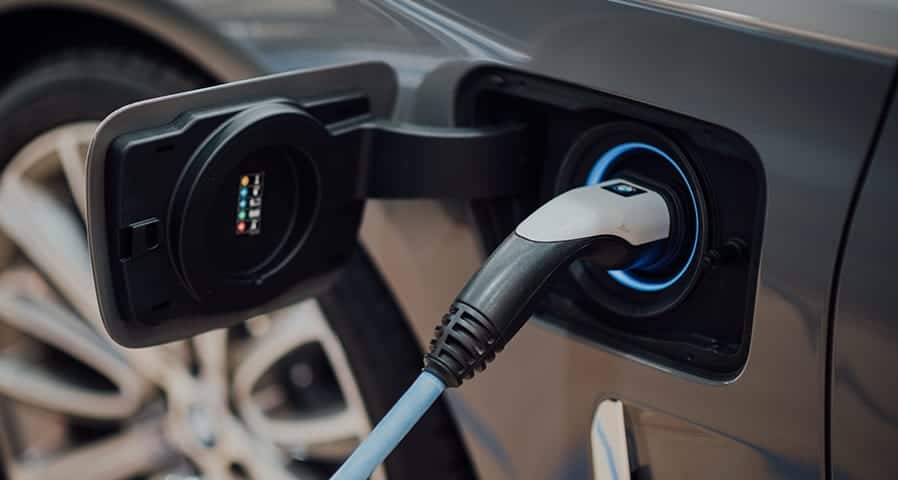The transportation industry is rapidly moving towards sustainable energy with electric vehicles leading the way. Cleaner transportation is more affordable than ever with almost no hassles.
Businesses across the country are taking advantage of EV charger incentives. Tax credits and rebates can offset the cost of the chargers and installation. With more drivers switching to electric vehicles every year, businesses need the tools to stay relevant.
Investing in EV chargers is a large commitment that comes with a cost, but with the current incentives your initial investment would be significantly lower then expected. Many companies are seeing a profit within 3 months’ time.
How to Maximize EV Charger Incentives
Incentives for EV charger installations include local, federal, and utility savings. Here’s what you need to know about each one.
EV Charger Tax Credits vs Rebates
State and federal governments offer tax credits, while utility companies are responsible for issuing any relevant rebates.
You see the tax credits when you file your state and federal tax forms. Rebates are approved by the utility company, and the check is sent when the charging stations are fully operational. The return on the investment is faster, but installation can be held up until the rebate is approved.
Most businesses with EV charging stations qualify for both incentives. Federal incentives are valid in all states. Over half of U.S. states also offer rebate programs for EV chargers.
Apogee Charging Solutions has a dedicated team working on providing our customers with max rebates. This service is available to all of our customers. To speak with a dedicated EV charging specialist, you can Schedule a Call by clicking the button below.
The EV Charger Federal Tax Credit Has a Deadline
Time is running out for the federal EV charger tax credit. The credit covers 30 percent of purchasing and installation costs. Public and commercial charging station infrastructure projects can claim up to $30,000 in tax credits.
The tax credit expires on December 31, 2021, so businesses considering the installation of EV chargers will want to move fast.
Don’t Forget About EV Charger Rebates
Utility providers and other entities offer rebates to businesses that install EV chargers at their buildings. The EV charger rebates do require the stations to meet specific requirements for connectivity, usually multiple vehicle use.
Most states offer rebates, and many local programs are also being created. Even if your state doesn’t offer incentives, your local government or utility provider may offer one.
You’re Not Limited to One Incentive
You don’t have a limit on how many rebates and tax credits you can use. Some businesses have covered up to 80 percent of EV charger costs by cashing in on the various incentives.
Some networking and utility companies offer rebates that cover the cost of the electrical and network subscription. Combining these incentives drops the cost of the project down to almost zero.
Apogee Charging Solutions offers several EV charger options, including both AC and DC chargers. You can review your EV charger options as well as review our operating system here!
EV Charging Station Brands Matter
You won’t get the same rebate or tax credit on all brands of EV chargers. You want a brand that meets all of the program’s requirements. Most programs require charging stations to have flexible network connectivity – it’s compatible with all makes of electric vehicles. It also requires the station to allow utility companies to monitor electricity usage.
Pay attention to the charging station brand and ask about any applicable rebates available in your area. EV charger incentives can make installing the charging stations a profitable move for your business. To speak with an Apogee Charging Solutions expert about EV charging stations, call 484-816-2076 or email [email protected].








0 Comments